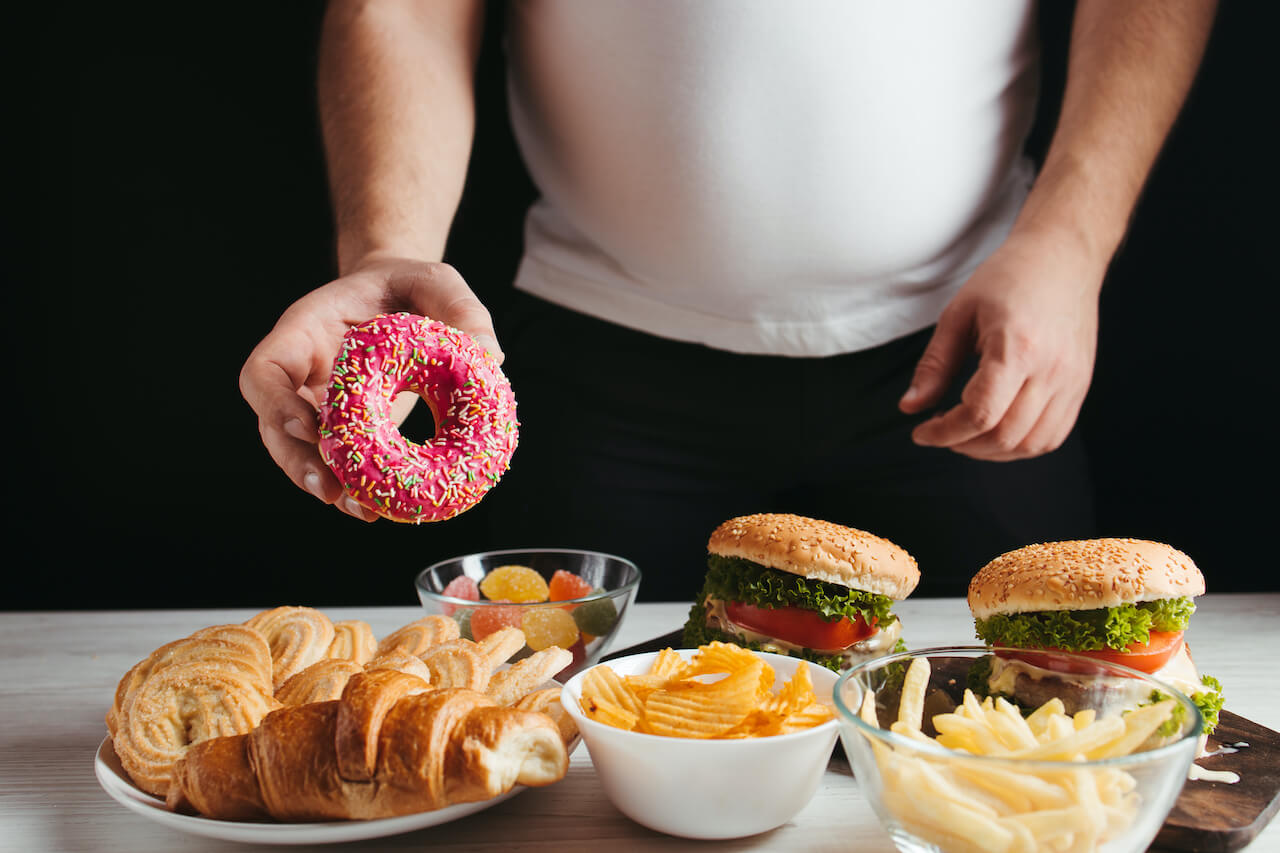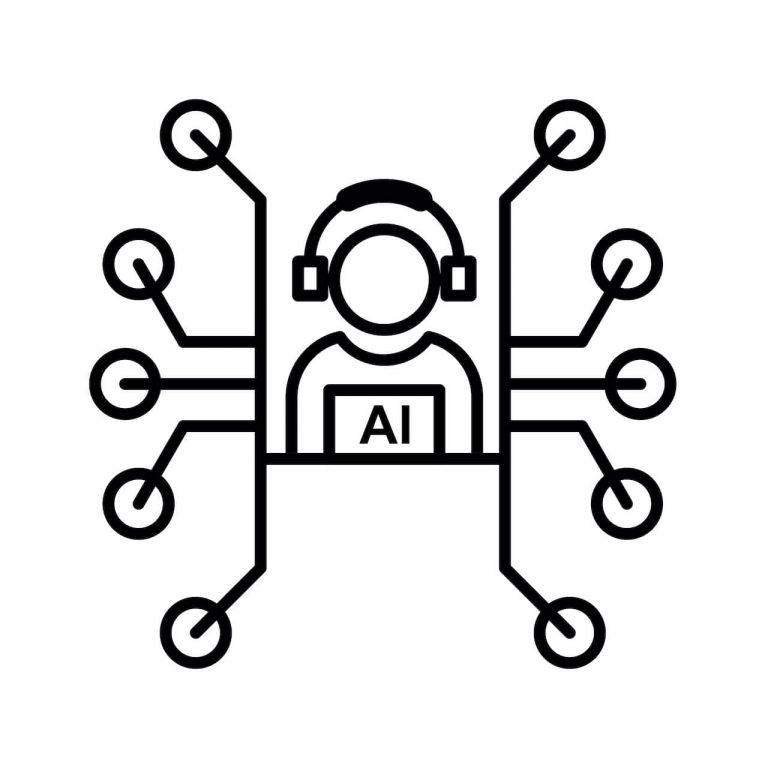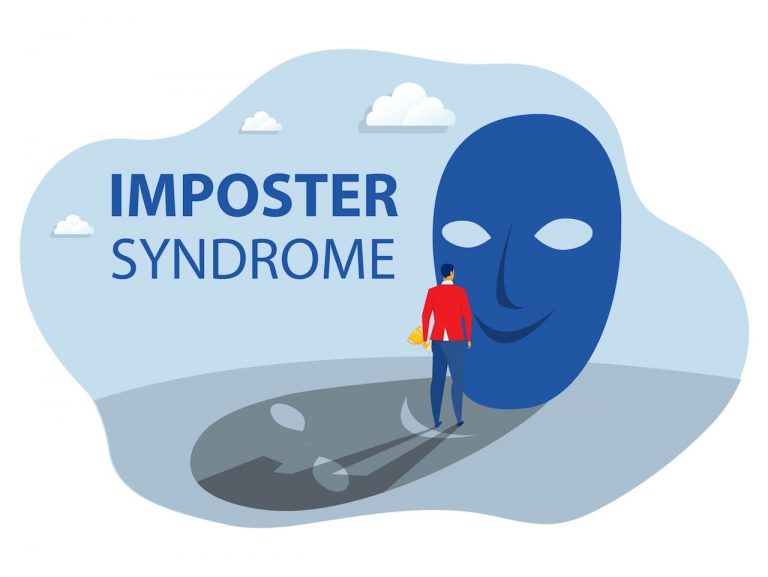How To Fight Food Addiction – Experts Tips
What is food addiction?
Although food addiction is not a recognized diagnosis, it can still be as debilitating as any other addiction. In addition, the symptoms and cravings can be compared to those of illicit drug users. This suggests food addiction is a genuine and serious issue.
Over two-thirds of Americans are overweight or obese. Yet, with no official diagnosis for food addiction, many are not being supported appropriately to create a healthier lifestyle.
Mostly, the foods that can cause this addiction are high fat, high sugar, and processed food. With a rise in available junk food and fast-food restaurants, many people struggle to resist the temptation.
They return again and again to the same unhealthy foods and develop an addiction that can have serious consequences.
Diagnosis
The current edition of the Diagnostic and Statistical Manual of Mental Disorders, DSM-V, does not recognize food addiction as a diagnosis, despite its many physical and mental effects. However, food addiction can be linked to and is similar to other food-related disorders such as bulimia and binge eating disorders.
It is thought that food addiction is not in the DSM-V as people cannot overdose on food. Also, people do not experience withdrawal symptoms, and it is needed for us to survive. Therefore, it cannot be compared to other addictions or mental health disorders.
These reasons are debatable, and there is much conversation around the classification of food addiction for this reason. With obesity so common, it does seem that many people would benefit from professional help with their food habits.
Brain responses to processed foods
For people with food addiction, the brain responds much the same to food as it would to a substance misuser. Therefore, during food cravings and eating, the brain activity that occurs is very similar to that in drug addiction.
This is because the same neurotransmitters are responding in the same areas. For example, sugar, the addictive substance in certain foods, releases dopamine in the brain’s reward centers. This produces a pleasant, satisfying feeling, which the person wishes to experience again, so repeats the eating behavior. It is the desire for this feeling that has cravings for certain foods.
Over time an addiction develops. This causes the person to crave processed junk foods more often to produce the same feeling they had initially. However, their tolerance to the addictive substances grows. So they must consume a greater amount each time to reach this point and will engage in compulsive overeating.
Why is junk food so addictive?
It is high in fat and sugar and is a highly processed food containing addictive properties. There is very rarely a combination of high fat and high carbohydrate levels within organic and natural food, like those found in junk food.
Food companies have purposefully manufactured the combination of refined sugar, wheat, and salt to create the tastiest foods. People eat these unhealthy foods and get a release of dopamine, causing them to want more. And thus, the big companies make lots of money at our expense.
It is unlikely for anyone to become addicted to healthy foods, as this combination of fat and sugar does not occur. This is why obesity and food addictions are becoming more and more of an issue. Companies are producing more significant quantities of addictive foods to increase their income.
Symptoms
Most of the symptoms of food addiction are similar to those of substance addiction due to the similarities in brain activity. However, the consequences of food addiction can, of course, be less severe than substance misuse.
As there is no official diagnosis, there are no official criteria. However, the majority of the literature on the subject suggests that food addicts experience the following;
- frequent cravings, especially for specific foods
- eating much more of a food than you had planned, resulting in feeling over full
- feelings of guilt and shame regarding food consumption
- trying to limit consumption of certain foods and failing
- secrecy around food consumption
- inability to control these urges
Issues
Overindulging in processed foods will inevitably lead to multiple health problems. The consumer will likely experience weight gain and their general physical health will decline. In addition, they may end up having a much higher risk of developing heart disease and diabetes, especially with high sugar foods.
Commonly, addiction sufferers also struggle with poor mental health before developing an addiction. A food addiction will likely exacerbate these symptoms. It can contribute to poor body image and self-esteem, and feelings of shame and unhappiness. There may be numerous factors that have led to this point. However, they often cannot access appropriate support for these issues.
There is a lot of stigma around this subject, as many people believe that someone who is overweight should exercise more or go on a diet and they’ll feel better.
However, it is not that simple in all cases and the sufferer could need help with a range of complex issues. Going to the gym does not get to the root of the problem and cannot help the person understand why they have developed this addiction in the first place.
Quitting addictive foods
If you are thinking about trying to overcome food addiction, it can be helpful to start with the reasons why.
As well as weight loss and an aim to feel healthier, you might have areas of your life that are impacted by your addictive behaviors.
Think about the negative consequences your addiction has caused and what you hope to achieve by overcoming it.
Steps
Accept there is an issue
Recognizing that you have a problem and deciding to do something about it are the first and most important steps to take.
It will be a long road to recovery with many difficulties, but it must start somewhere, as with any addiction. This can be very hard to do, especially if you are experiencing high levels of shame.
It is essential, to be honest with yourself to recognize where the changes must occur.
Recognize triggers
Triggers can be different for everyone. For example, maybe you eat more when sad, tired, or lonely. Perhaps there is a specific time when you overeat, or after a certain activity. Try to be honest with yourself and recognize all of your triggers.
Once you have compiled this list, avoid these triggers. It is going to be difficult. Especially if you have to make some significant changes to your life, but it is going to help with your recovery.
Make mindful choices
You can make changes to your routine to make things easier. If your journey to work usually takes you past a donut shop, change your route, so you avoid this temptation. If you typically meet your friends at a fast-food restaurant, suggest somewhere else to complete.
It will be tough to resist if you put yourself in the path of temptation. So don’t make things harder for yourself.
Talk to loved ones
Like someone overcoming drug addiction, a food addict will need a lot of support in their recovery. Try to be open with your family and friends and explain to them what you are doing and why.
They can be there to offer support in times of need. Also, it will help you avoid any temptations when visiting friends if they know what foods you are trying to avoid.
Don’t start a diet
Whatever you do, don’t try and diet at the same time. Weight loss will come with time but is not the primary goal here. You will already be restricting yourself, so adding further challenges could make things more difficult.
Set a date
Once you have made all the necessary preparations, setting a date to start can be helpful. Knowing when you will begin this process will help you mentally prepare and change your thought processes.
Ensure you eat three proper meals a day. This will help you stay full and not experience cravings between meals. In addition, it would help if you tried to avoid snacking. This is one of the eating behaviors you want to curb and will likely be empty calories.
Try to make meal plans for your week ahead. It will help you have a daily routine to stick to and ensure you make healthy food choices.
Seek help
There are many ways to seek help from professionals who specialize in food addiction. You could attend one of many support groups, such as Overeaters Anonymous. It can be useful to discuss your addiction with others who have experienced similar issues. This can help alleviate feelings of shame and make your recovery feel more manageable.
Similarly, you could attend one-on-one therapy as this could resolve a deeper issue. Most people with addiction struggle with their mental health. It can be useful to try to find the root cause of your eating behaviors. This will help your recovery. You will be quitting the behaviors and managing your emotional issues as well.
Relapse is a possibility. However, it is important not to beat yourself up if it does occur. Junk foods are all around you, so it is impossible to avoid temptation completely. Staying away from processed foods is vital, but probably unlikely. Tackling the root cause of your addictive behavior will make managing cravings easier.
As with any addiction recovery, it will be a difficult journey. Ensure you utilize all support that is available to you and remind yourself what you want to achieve.




